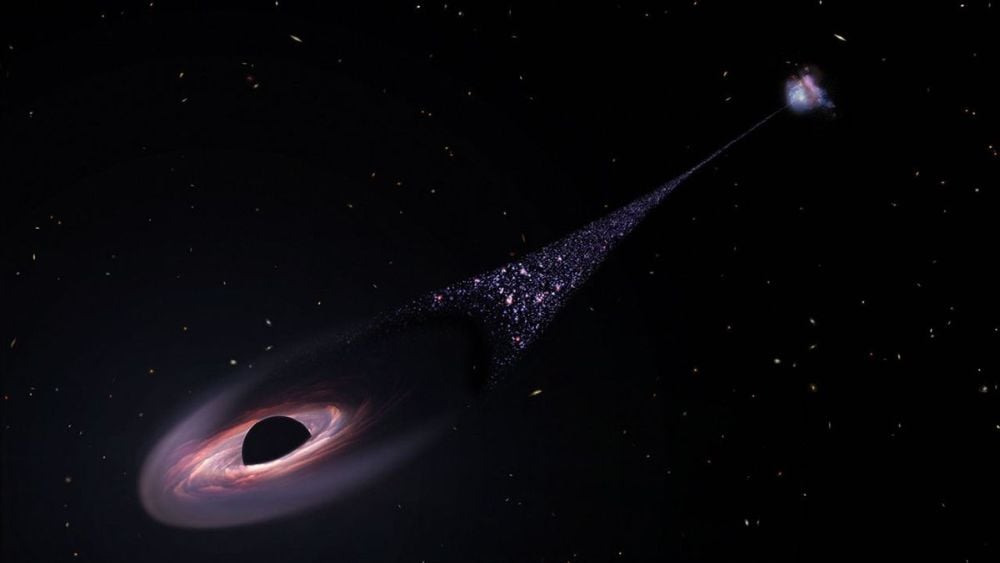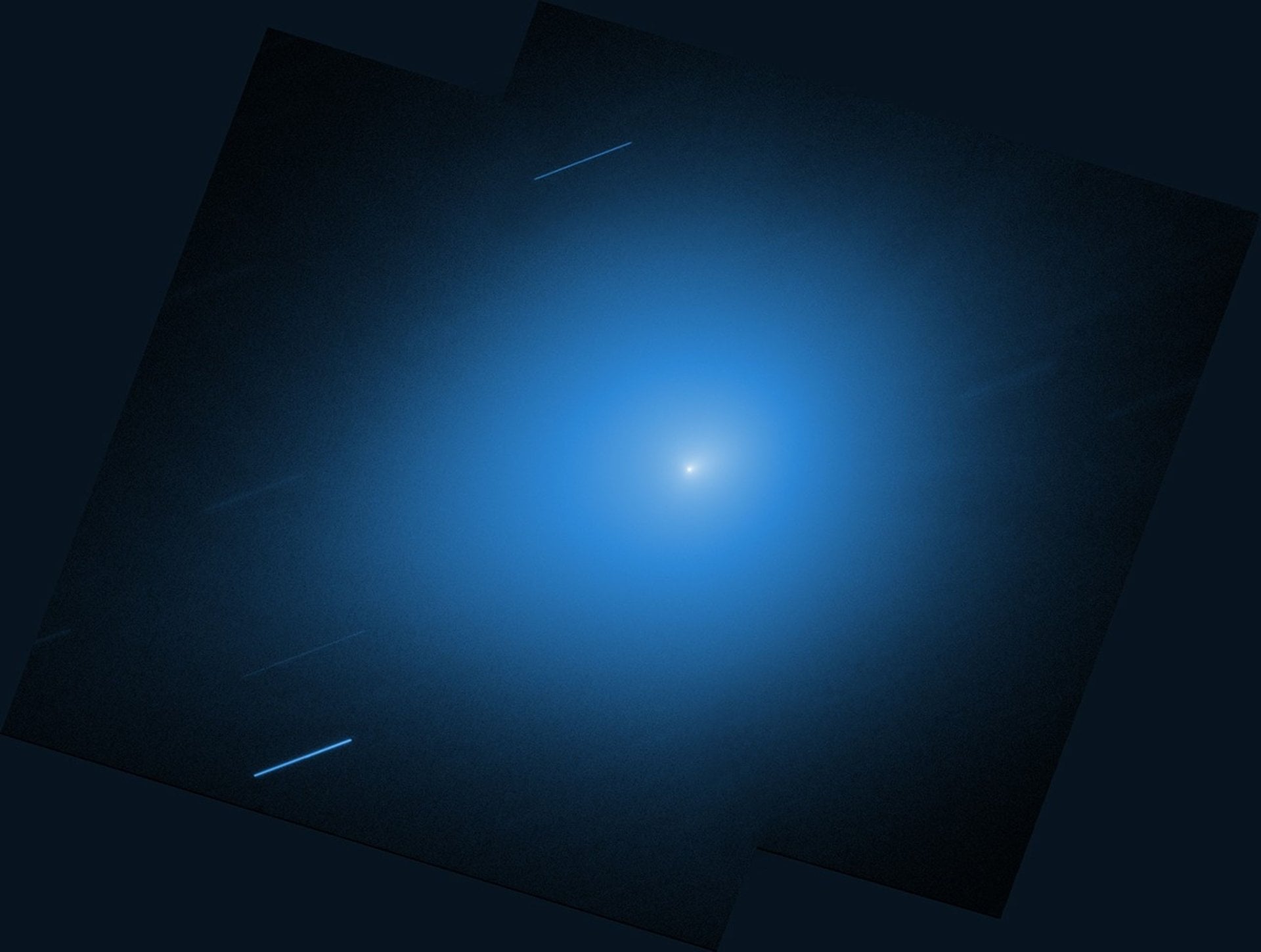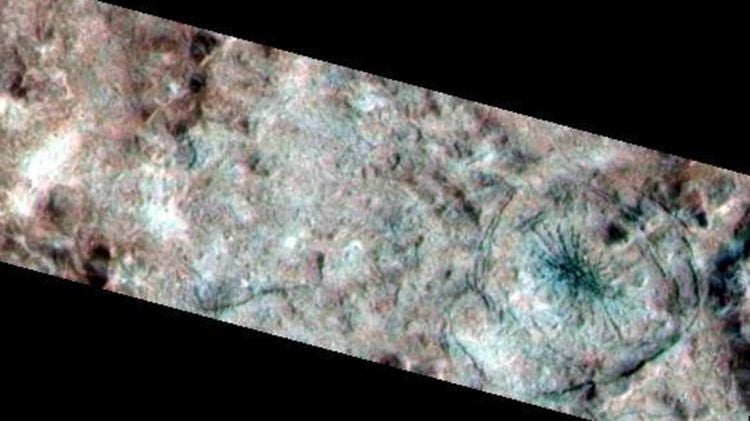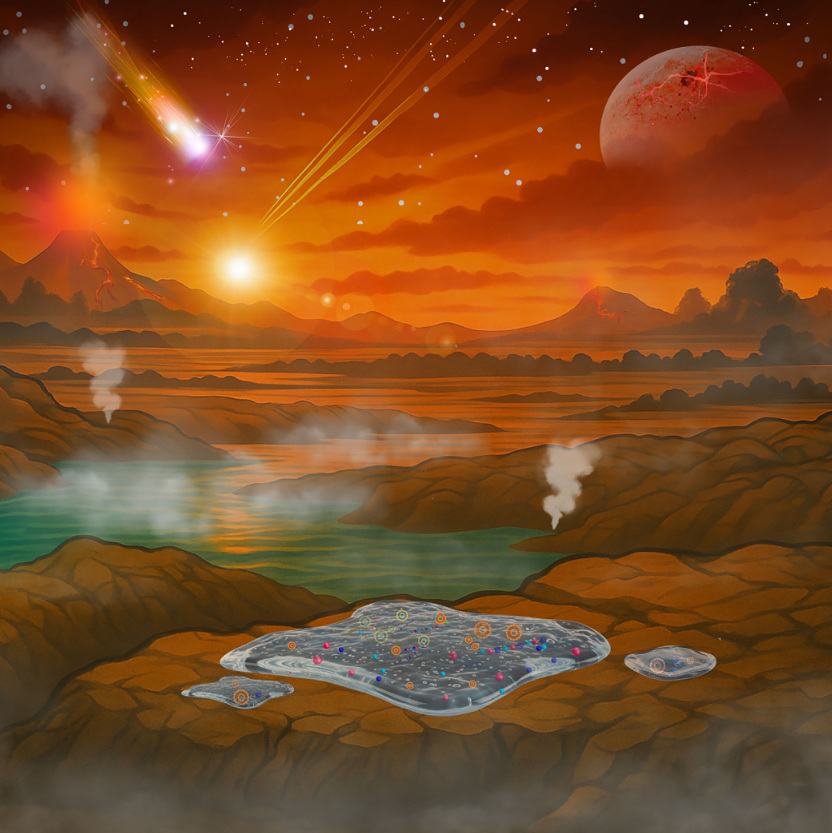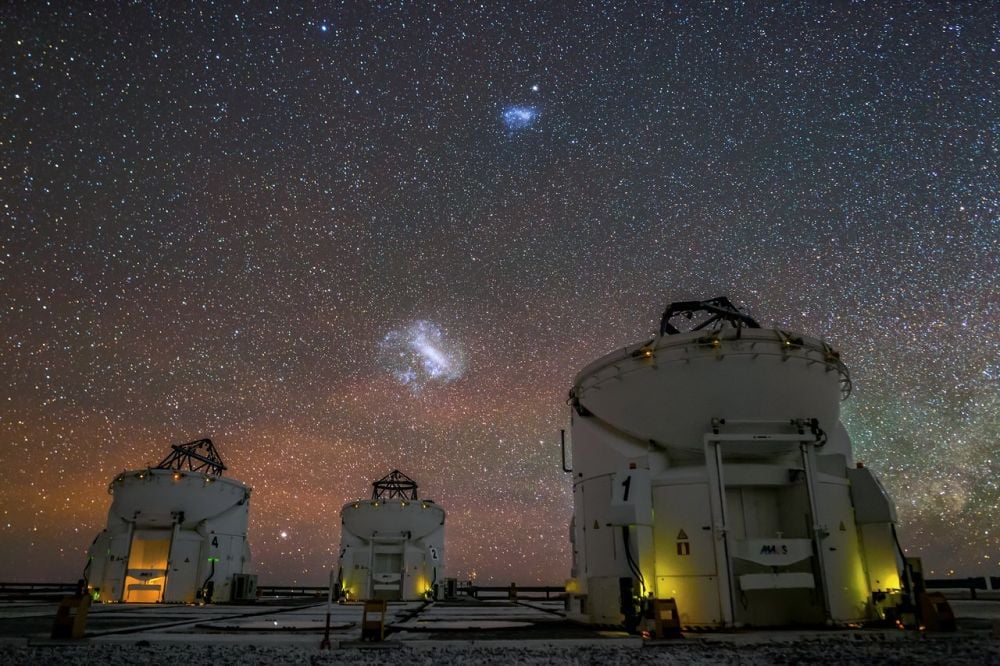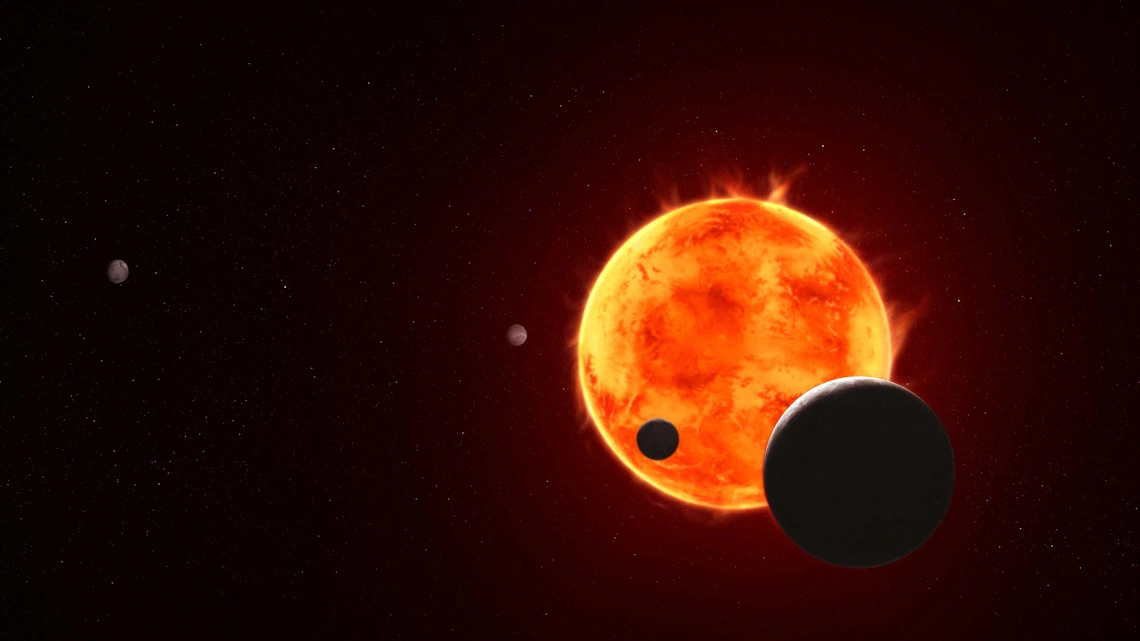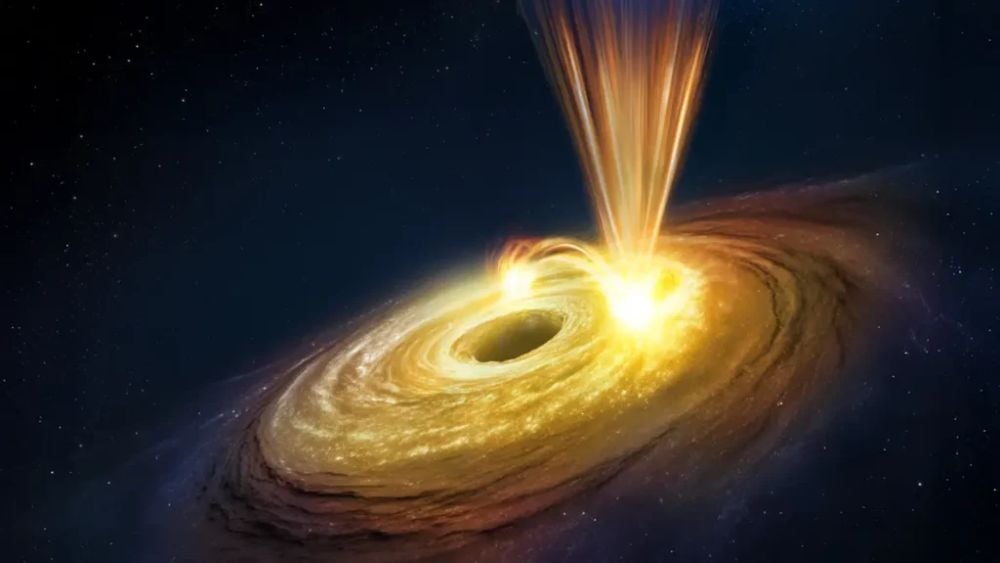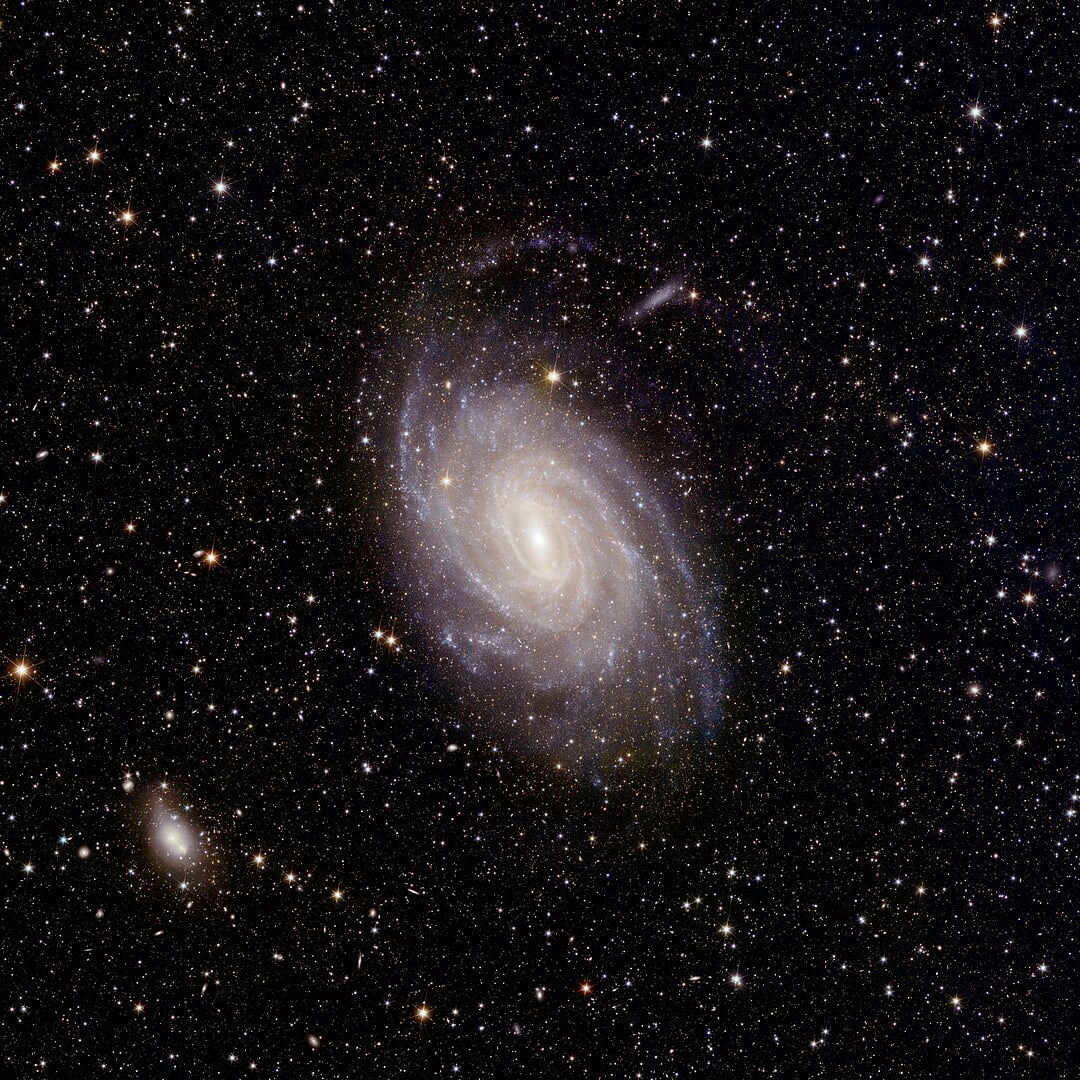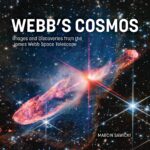Astronomers have been observing the Cosmic Owl for years, wondering if what they were seeing was a long-predicted runaway black hole. Now, 50 years after scientists first predicted the phenomenon,
Universe Today19- Page
The NASA/ESA Hubble Space Telescope reobserved interstellar comet 3I/ATLAS on 30 November with its Wide Field Camera 3 instrument. At the time, the comet was about 286 million km from
What geological features on Earth can be used to better understand unique geological features on Jupiter’s icy moon, Europa This is what a recent study published in The Planetary Science
Surface-bound gels may have provided the structure and chemistry necessary for life to take root on Earth. These findings could also have implications in the search for life beyond Earth.
The Leibniz Institute for Astrophysics Potsdam (AIP) is forming a new research group that will focus solely on the Large and Small Magellanic Clouds. The pair of irregular dwarf galaxies
arXiv:2512.07695v1 Announce Type: new Abstract: One of the forefront goals in the field of exoplanets is the detection of an atmosphere on a temperate terrestrial exoplanet, and among the best
An international team of astronomers has published a series of papers detailing their observations of the rocky exoplanet TRAPPIST-1e using the James Webb Space Telescope (JWST). Their results, though ambiguous,
An international team of astronomers observed a sudden outburst of matter near the supermassive black hole NGC 3783 at speeds reaching up to 20% of the speed of light. During
A new study reveals that Mars plays a surprisingly crucial role in Earth’s climate cycles, with new simulations showing that the mass of our planetary neighbours directly controls the timing
The European Space Agency’s Euclid telescope has delivered an unprecedented set of observations of one million galaxies that shows that galaxy collisions play a dominant role in awakening supermassive black
-
 01Two Black Holes Observed Circling Each Other for the First Time
01Two Black Holes Observed Circling Each Other for the First Time -
 02From Polymerization-Enabled Folding and Assembly to Chemical Evolution: Key Processes for Emergence of Functional Polymers in the Origin of Life
02From Polymerization-Enabled Folding and Assembly to Chemical Evolution: Key Processes for Emergence of Functional Polymers in the Origin of Life -
 03Φsat-2 begins science phase for AI Earth images
03Φsat-2 begins science phase for AI Earth images -
 04Hurricane forecasters are losing 3 key satellites ahead of peak storm season − a meteorologist explains why it matters
04Hurricane forecasters are losing 3 key satellites ahead of peak storm season − a meteorologist explains why it matters -
 05Thermodynamic Constraints On The Citric Acid Cycle And Related Reactions In Ocean World Interiors
05Thermodynamic Constraints On The Citric Acid Cycle And Related Reactions In Ocean World Interiors -
 06Binary star systems are complex astronomical objects − a new AI approach could pin down their properties quickly
06Binary star systems are complex astronomical objects − a new AI approach could pin down their properties quickly -
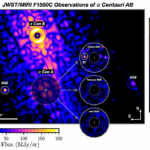 07Worlds Next Door: A Candidate Giant Planet Imaged in the Habitable Zone of α Cen A. I. Observations, Orbital and Physical Properties, and Exozodi Upper Limits
07Worlds Next Door: A Candidate Giant Planet Imaged in the Habitable Zone of α Cen A. I. Observations, Orbital and Physical Properties, and Exozodi Upper Limits


